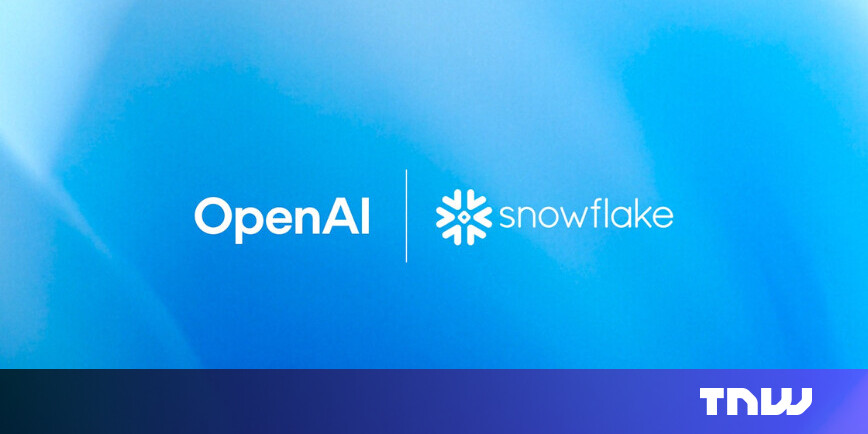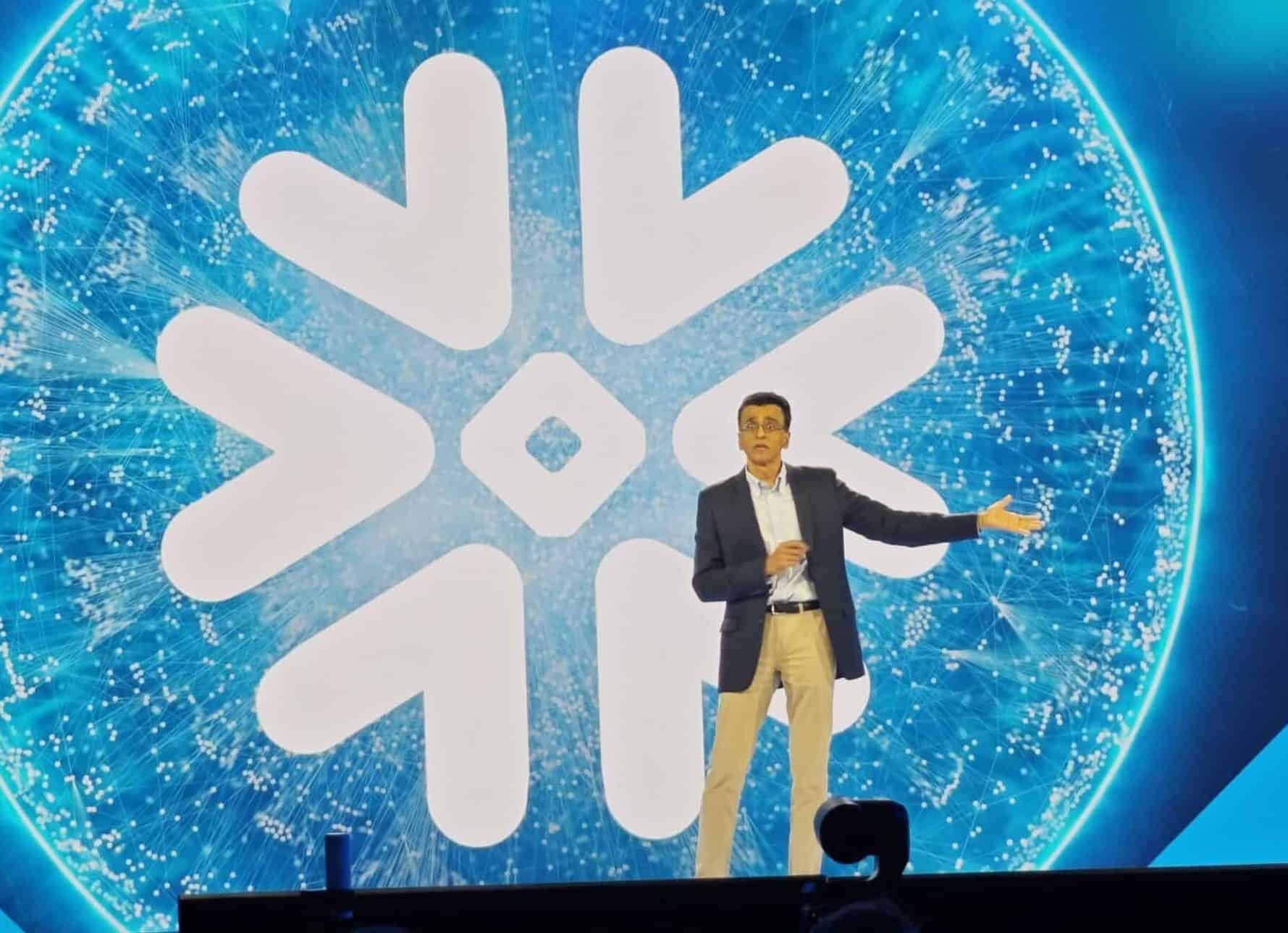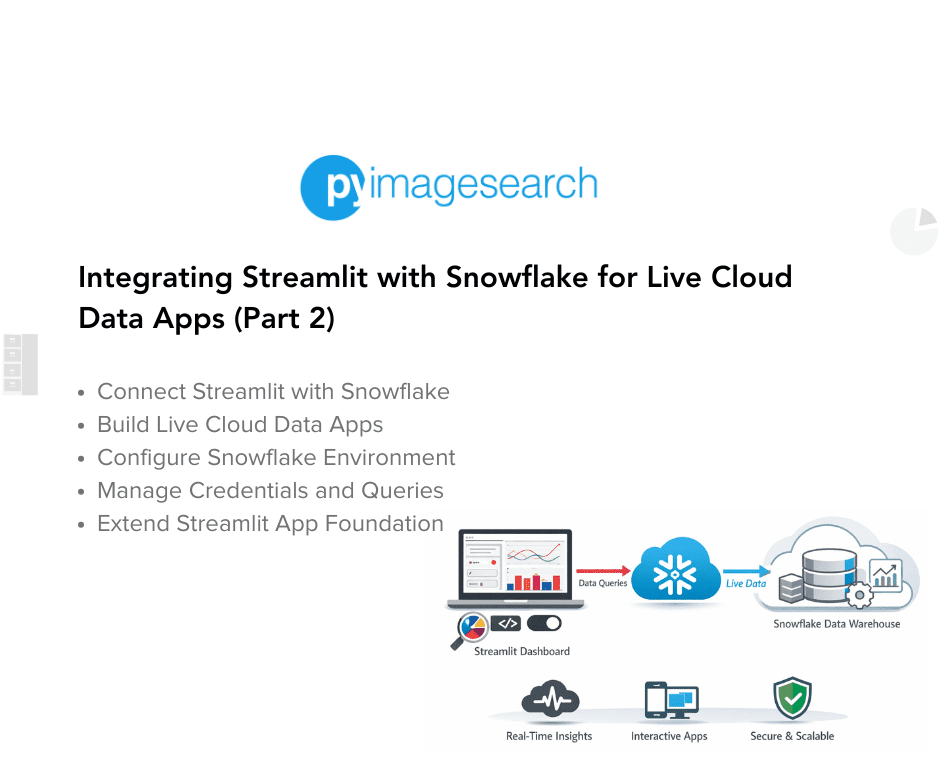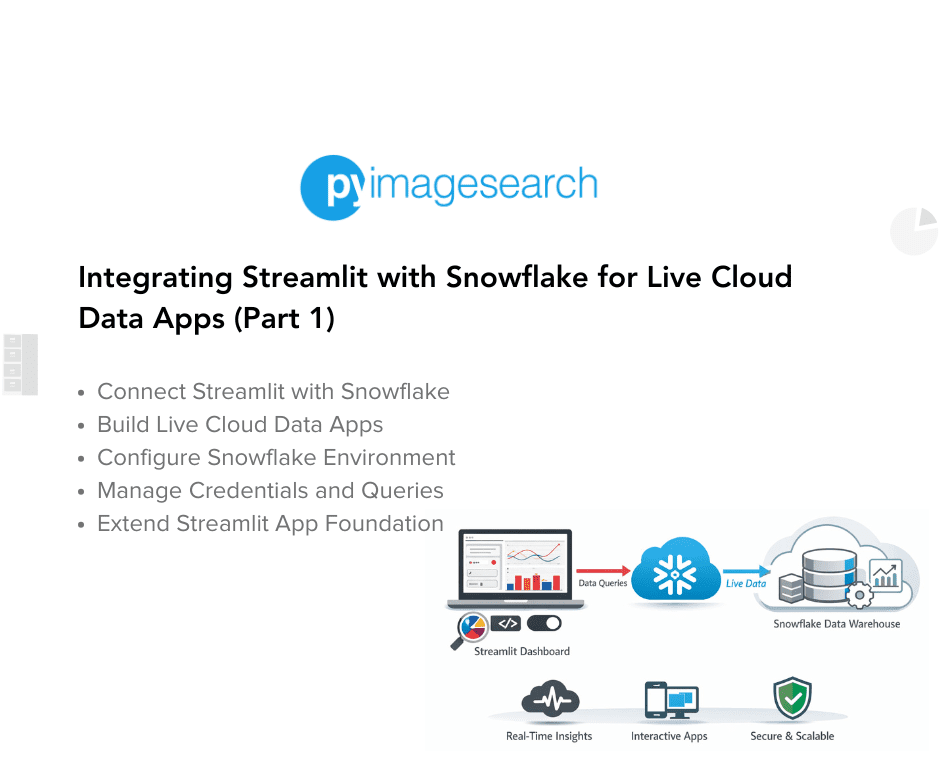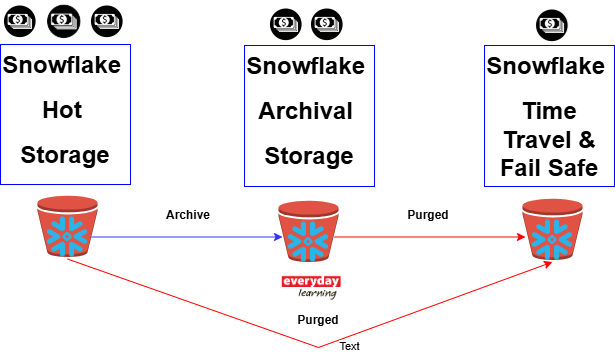#snowflake
#snowflake
[ follow ]
#cloud-computing #enterprise-ai #data-governance #data-warehousing #databricks #anthropic #openai #ai-agents
fromTechzine Global
3 weeks agoSumo Logic launches data pipeline apps for Snowflake and Databricks
Snowflake offers a fully managed data platform, but Sumo Logic users often lack insight into performance, login activity, and operational health. The Sumo Logic Snowflake Logs App analyzes login and access activity to identify anomalies or suspicious behavior. It also optimizes data pipelines with insights into long-running or failing queries. Teams can centralize log data to facilitate correlation across applications, cloud services, and data platforms.
Information security
from24/7 Wall St.
2 months agoAre Snowflake's Earnings the Latest Sign of the Coming AI Winter?
Snowflake ( ) released its third-quarter earnings yesterday, posting results that topped Wall Street estimates. Product revenue climbed 28% year-over-year to $1.21 billion, while adjusted earnings hit $0.35 per share, beating the consensus estimate of $0.31. Yet, the stock plunged 11% in midday trading today as investors fixated on the company's fourth-quarter guidance .
Business intelligence
fromInfoWorld
3 months agoDatabricks fires back at Snowflake with SQL-based AI document parsing
Databricks and Snowflake are at it again, and the battleground is now SQL-based document parsing. In an intensifying race to dominate enterprise AI workloads with agent-driven automation, Databricks has added SQL-based AI parsing capabilities to its Agent Bricks framework, just days after Snowflake introduced a similar ability inside its Intelligence platform. The new abilities from Snowflake and Databricks are designed to help enterprises analyze unstructured data, preferably using agent-automated SQL, backed by their individual existing technologies, such as Cortex AISQL and Databricks' AI Functions.
Artificial intelligence
fromInfoWorld
3 months agoSnowflake to acquire Datometry to bolster its automated migration tools
SnowConvert AI excels at static code conversion, but it still requires code extraction and re‑insertion. Hyper‑Q complements this with on‑the‑fly translation to tackle dynamic constructs and application‑embedded SQL that converters often miss,
Software development
fromBusiness Insider
3 months agoAn influencer's interview with Snowflake's CRO triggered an 8K filing
Data-storage company Snowflake filed an 8-K with the SEC on Monday after an executive spoke to an influencer who posts under the account name "theschoolofhardknockz" on Instagram and TikTok. Though the filing doesn't name the executive, he identifies himself as Chief Revenue Officer Mike Gannon in the video, which had more than 555,000 views on TikTok and nearly 138,000 likes on Instagram as of Wednesday afternoon.
Business
Artificial intelligence
from24/7 Wall St.
3 months agoSnowflake vs. Palantir: Buy, Sell, or Hold After Their Strong AI-Led Earnings?
Snowflake and Palantir's collaboration and strong results position them to accelerate enterprise AI adoption and benefit from continued partnership-driven industry growth.
fromTheregister
6 months agoSnowflake builds Spark clients for its own analytics engine
Customers have been using Spark for a long time to process data and get it ready for use in analytics or in AI. The burden of running in separate systems with different compute engines creates complexity in governance and infrastructure.
Data science
fromInfoWorld
8 months agoDatabricks Data + AI Summit 2025: Five takeaways for data professionals, developers
The addition of the managed PostgreSQL database to the Data Intelligence platform will allow developers to quickly build and deploy AI agents without having to concurrently scale compute and storage.
Business intelligence
Data science
fromTechzine Global
8 months agoSnowflake makes building AI apps and agents easier
Snowflake introduces new features to ease AI application development.
Agentic Products on Snowflake Marketplace enable direct use of AI without moving data.
External data integration is simplified for better AI application performance.
[ Load more ]
